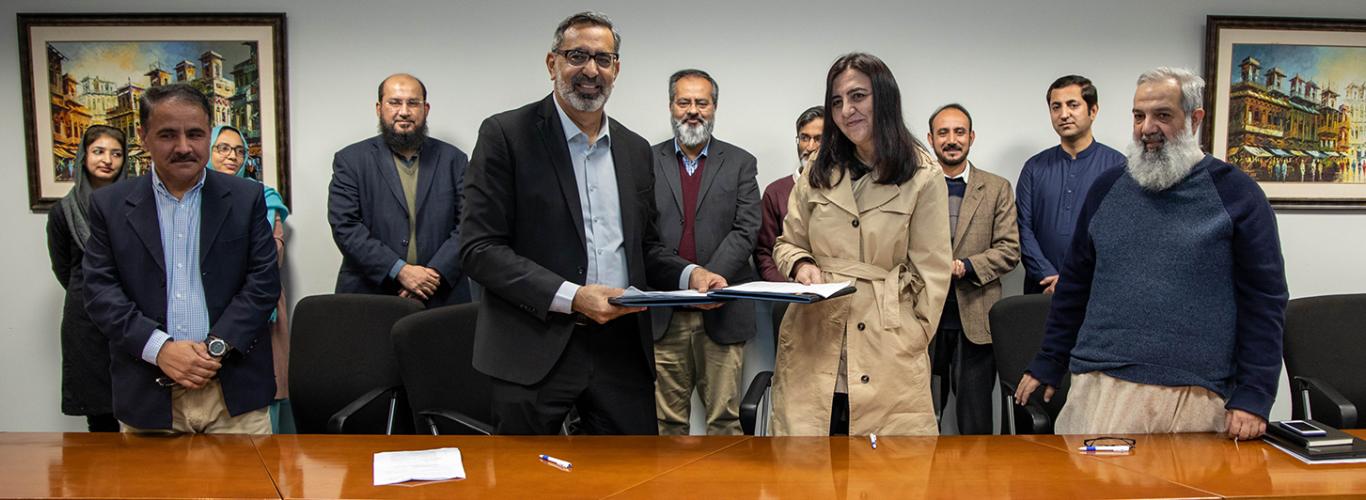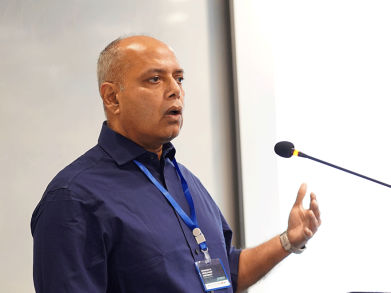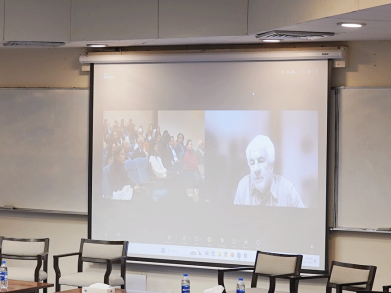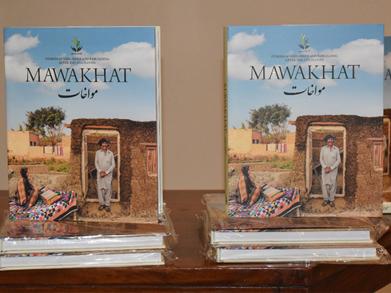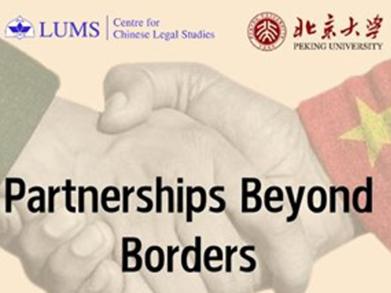LUMS Partners with AKAH to Address Fundamental Climate Change Issues
The Centre for Water informatics and Technology (WIT) at LUMS has joined hands with Aga Khan Agency for Habitat (AKAH) to address the challenges due to climate change specifically in Gilgit Baltistan and Khyber Pakhtunkhwa. An MoU signing ceremony was held at the Smart Lab at Syed Babar Ali School of Science and Engineering (SBASSE).
WIT is a research centre at SBASSE that focuses on hydro informatics and system analysis. AKAH works with communities and stakeholders to help with disasters and the effects of climate change. The MoU wishes to build effective local partnerships in climate-vulnerable regions and leverage technology to assist in mitigation and adaptation with the help of AKAH.
Members of the university’s senior leadership including Vice Chancellor, Dr. Arshad Ahmad, Provost, Dr. Tariq Jadoon, and Director, WIT, Dr. Muhammad Abubakar were present at the ceremony. Representing AKAH were Ms. Nusrat Nasab, CEO, Mr. Ejaz Karim, Head of Emergency Management, Mr. Sher Wali, Programme Manager, Risk Anticipation and New Initiatives, and Mr. Jafar Ali, Manager Admin and Procurement.
The ceremony began with a presentation on the numerous initiatives driven by WIT on demand-driven irrigation, water management, disaster risk reduction, and forest fire early warning project. Dr. Abubakar shared his thoughts on the partnership, “This multi-faceted collaboration with AKAH will evolve into a more comprehensive partnership over and beyond the technological interventions that we are thinking of.”
Dr. Ahmad spoke about how partnerships can have a lasting impact. Speaking about the collaboration with the University of Baltistan, Skardu (UoBS), he shared that 150 students from LUMS twinned with 150 UoBS students for a month-long unique experiential learning semester. “The data that emerged from the Baltistan experience is mainly speaking to local interventions for issues that were identified by local communities. That’s the kind of impact we’re looking for with this collaboration. This is not just a one-stop MoU where we’re signing for a grant, but rather building the kind of capacity that we need to deal with these very important issues.”
Ms. Nusrat Nasab emphasised how this partnership is a stepping-stone for future collaborations, “We must act fast; as the climate changes, it increases the intensity of natural disasters and carbon emissions. This is where we call it a shared responsibility, and where this partnership could really open doors for us.”

